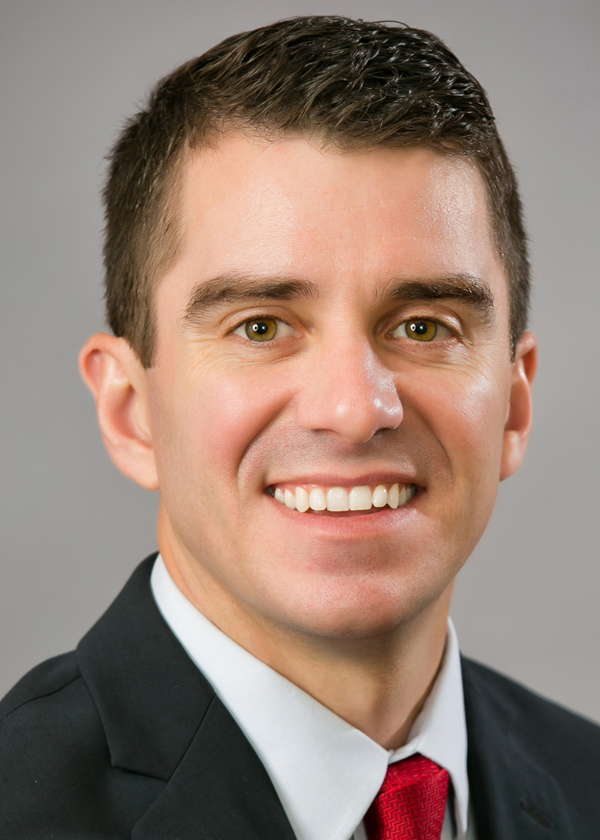For many board members in 2019, this includes communicating with constituents through social media, including Facebook, Twitter and other online spaces. Social media can be a useful way to communicate with constituents, but board members should be aware that operating a social media account as an elected official can create limitations on their ability to regulate comments on their accounts. Board members who wish to discuss district business on their social media accounts and allow comments from the public should take care to allow all comments, even critical ones, and avoid blocking users or regulating comments based on the viewpoint expressed.
For school districts that have district-sponsored social media accounts, CSBA’s sample Board Policy 1114 contains guidance on content and privacy issues for districts. When the district allows the public to post comments on district-sponsored social media accounts, they may create a “limited public forum,” which grants individuals certain freedom of speech rights and limits the district’s ability to remove comments or posts from members of the public. Districts must therefore ensure that any removal of content is done in a “viewpoint-neutral” manner — in other words, the district cannot remove comments from the community that they disagree with, while leaving more positive comments up on the site.
Individual board members will face these same restrictions in their individual social media accounts if they operate them in their capacity as an elected official. There is not a bright-line definition for whether a board member’s social media account is operated as an official government account or as a private one, but the courts will look at the totality of the circumstances to determine when a public official’s social media account has become an official account, including identification as a board member, conducting official agency business on the account, etc. If a board member has associated their account with school district business, it’s likely become an official account creating a limited public forum.
When board members are speaking as private individuals, they can express their opinions like anyone else on social media, but board members who use social media to communicate as government actors/elected officials are subject to additional restrictions. If a public official uses social media as an official account of an elected official, the official then cannot exclude people in ways that discriminate based on their viewpoint. This means board members cannot block users based on their views, cannot delete specific comments they do not agree with and cannot restrict the public from expressing their viewpoints. Any removal of content should be based on viewpoint-neutral considerations, such as preventing the violation of laws against discrimination or harassment.
These First Amendment protections were recently tested in a high-profile case, where the United States Court of Appeals for the Second Circuit ruled in Knight First Amendment Institute v. Trump that President Donald Trump could not block Twitter users from his @realDonaldTrump account for criticizing him. The court wrote that “once the President has chosen a platform and opened up its interactive space to millions of users and participants, he may not selectively exclude those whose views he disagrees with.” The court noted that “[t]his debate, as uncomfortable and as unpleasant as it frequently may be, is nonetheless a good thing” and that “if the First Amendment means anything, it means that the best response to disfavored speech on matters of public concern is more speech, not less.”
General Counsel
Mike Ambrose
